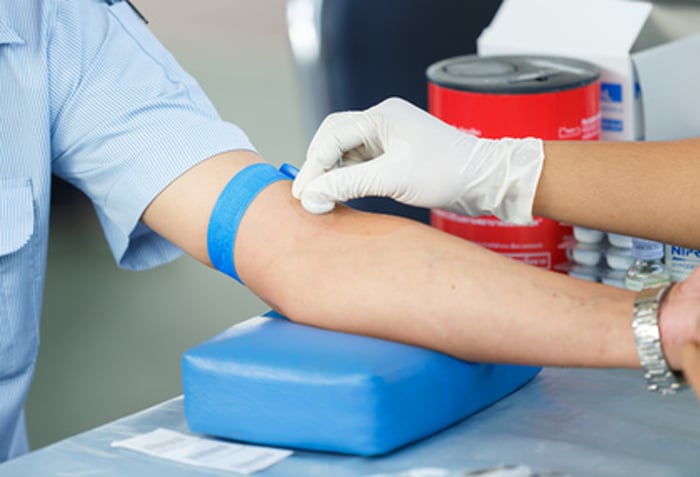Title: Do You Have To Be Certified To Be A Phlebotomist?
Introduction:
Phlebotomy is a crucial aspect of the healthcare industry, involving the collection and testing of blood samples for diagnosis, treatment, and research purposes. Phlebotomists play a vital role in ensuring the accuracy and reliability of laboratory test results. If you are considering a career in phlebotomy, you may be wondering whether certification is a requirement. In this article, we will explore whether certification is necessary to become a phlebotomist and the benefits of obtaining certification in this field.
Do You Have To Be Certified To Be A Phlebotomist?
While certification is not always mandatory to work as a phlebotomist, it is highly recommended by most employers and industry professionals. Here are some key points to consider about phlebotomy certification:
1. **Certification Requirements:**
- Some states require phlebotomists to be certified, while others do not have specific certification requirements. It is essential to check the regulations in your state to determine if certification is mandatory.
– Even in states where certification is not required by law, many employers prefer to hire certified phlebotomists due to the rigorous training and testing involved in the certification process.
2. **Benefits of Certification:**
– Certification demonstrates your commitment to the profession and your dedication to maintaining high standards of practice.
– Certified phlebotomists often have better job prospects and higher earning potential compared to non-certified individuals.
– Certification can also provide you with a competitive edge in the job market and make you more attractive to employers.
3. **Certification Organizations:**
– There are several organizations that offer phlebotomy certification programs, such as the American Society for Clinical Pathology (ASCP), the National Healthcareer Association (NHA), and the American Medical Technologists (AMT).
– Each organization has its own requirements for certification, including completion of a training program, passing an exam, and fulfilling continuing education requirements to maintain certification.
4. **Training Programs:**
– Many phlebotomy training programs are available at vocational schools, community colleges, and online institutions. These programs cover topics such as blood collection techniques, lab safety, and anatomy.
– Completing a training program is a crucial step towards becoming a certified phlebotomist and gaining the knowledge and skills needed to excel in this field.
Conclusion:
while certification is not always a strict requirement to work as a phlebotomist, it is highly recommended for those seeking to establish a successful career in this field. Certification demonstrates your competence and dedication to providing quality patient care, which can lead to better job opportunities and higher earning potential. If you are considering a career in phlebotomy, pursuing certification is a worthwhile investment in your future.
Remember to research the certification requirements in your state and choose a reputable organization to obtain your phlebotomy certification. By becoming certified, you can enhance your skills, build your professional reputation, and unlock new opportunities in the field of phlebotomy.
